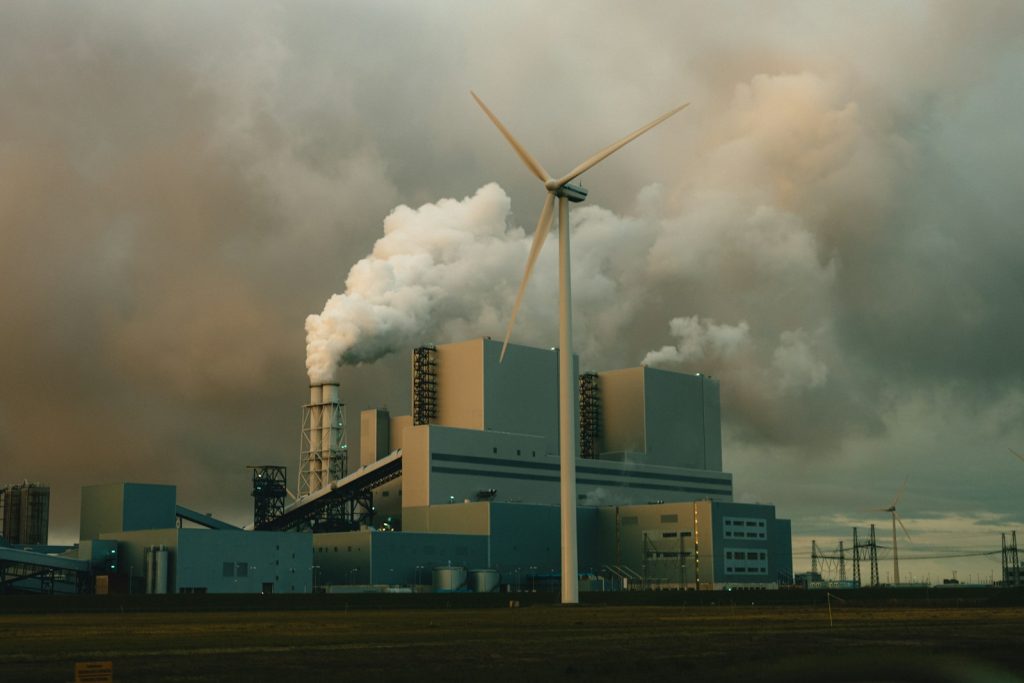In today’s world, environmental responsibility is no longer an optional value, it’s a necessity. As climate concerns grow and sustainability becomes a priority for both individuals and businesses, workplaces are rethinking their daily operations, resources, and culture. Environmental awareness in the workplace isn’t just about reducing waste; it’s about fostering a mindset where every action contributes to a healthier planet.
From energy efficiency to mindful procurement, companies that embed sustainability into their practices are not only reducing their environmental impact but also building stronger reputations and inspiring employees to be part of meaningful change.
Building a Culture of Sustainability
Creating environmental awareness begins with education and engagement. Employees need to understand how their individual actions affect the organisation’s environmental footprint. This can be done through workshops, training sessions, or even fun challenges like “zero waste week” to encourage participation.

A sustainable workplace culture also requires leadership to lead by example. Management can demonstrate commitment by introducing policies that encourage waste reduction, such as limiting single-use plastics, adopting digital documentation over paper, and promoting sustainable commuting options like cycling or carpooling.
Equally important is making sustainability visible. Displaying energy usage statistics, recycling rates, or progress towards green targets can motivate employees to stay engaged and celebrate collective achievements.
Practical Steps Towards a Greener Workplace
The journey towards an eco-conscious workplace starts with small, achievable steps. Switching to energy-efficient lighting, optimising heating and cooling systems, and investing in renewable energy sources can significantly reduce a company’s carbon footprint.

Waste management is another crucial area. Setting up clearly labelled recycling bins, composting organic waste, and reducing packaging in procurement can make a noticeable difference. In workplaces where food is provided, whether in canteens, staff events, or catering, switching to eco-friendly serving materials, such as disposable paper trays for food, can minimise plastic use while still offering convenience.
Companies can also extend sustainability beyond their own premises. Partnering with suppliers who follow ethical sourcing and environmentally responsible manufacturing ensures that the commitment to green practices is reflected throughout the supply chain.
Sustainable Practices in Corporate Events
Workplace sustainability doesn’t stop at the office door, it also extends to corporate events, conferences, and networking functions. Choosing environmentally responsible venues and suppliers can dramatically reduce the ecological impact of these gatherings. For instance, when planning events in Australia, companies can consider eco-certified spaces or those with green initiatives in place. Many event venues Australia providers now offer renewable energy usage, water-saving systems, and zero-waste catering options, making it easier for organisations to align events with their sustainability goals.
Beyond venue choice, sustainable event planning can involve reducing printed materials by using digital invitations and agendas, sourcing local and seasonal catering, and encouraging attendees to use public transport. By integrating these practices, companies can reinforce their environmental values in every facet of their operations.
The Benefits of Going Green
Adopting environmentally friendly practices delivers more than just ecological benefits. It can enhance a company’s brand image, attract environmentally conscious clients, and improve employee satisfaction. Many professionals, especially younger generations, are more likely to work for and remain loyal to companies whose values align with their own.
Financially, sustainability can also lead to long-term savings. Energy-efficient systems, reduced resource consumption, and optimised operations can significantly cut costs over time. Moreover, as environmental regulations tighten globally, businesses that have already adopted green practices will find it easier to comply with new requirements.
There is also the wider benefit of contributing to community well-being. By reducing waste, conserving energy, and supporting ethical supply chains, workplaces play a role in protecting the environment for future generations. This sense of purpose can enhance employee morale and give greater meaning to day-to-day work.
Embedding Sustainability in Strategy
For environmental awareness to truly thrive in the workplace, it must be embedded into long-term business strategy. This involves setting measurable sustainability goals, allocating resources to achieve them, and regularly reviewing progress.
Workplaces of the future will likely integrate sustainability into every decision, from office design to travel policies. Technology will continue to support these goals, smart energy management systems, AI-driven waste reduction tools, and improved remote work capabilities can all reduce a company’s environmental impact.
Most importantly, creating an environmentally aware workplace is not just about compliance or image; it’s about genuine responsibility. As businesses influence economies, supply chains, and communities, they also hold the power to set positive examples and inspire change far beyond their office walls.
By fostering a culture of sustainability, taking practical steps towards greener operations, and making mindful choices in every aspect of business, workplaces can not only reduce their environmental footprint but also become leaders in shaping a more sustainable future.






